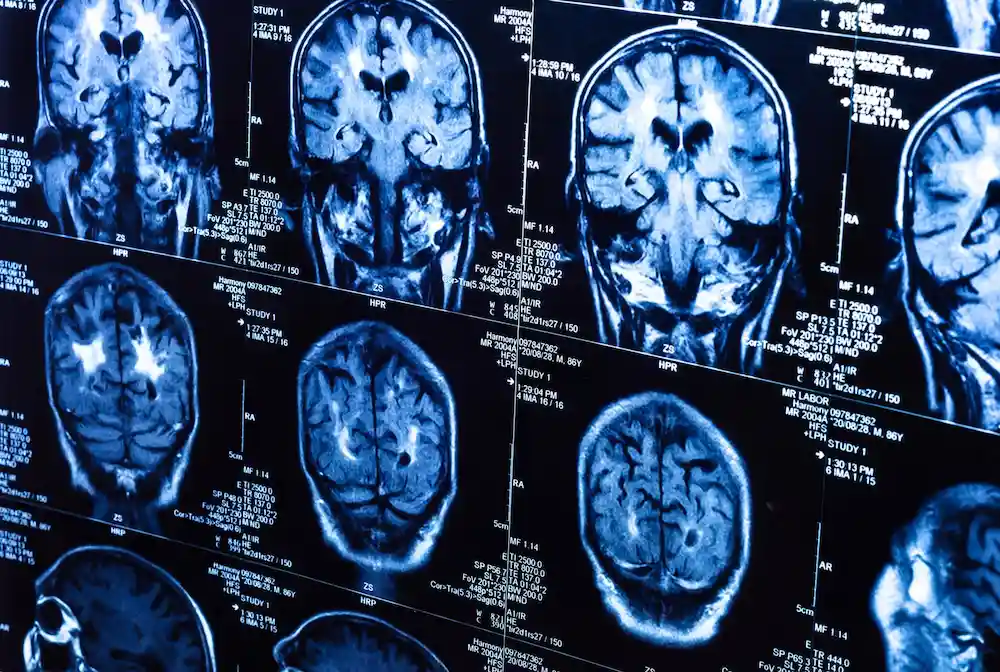Danbury Traumatic Brain Injury Lawyer
Need a Danbury traumatic brain injury accident lawyer for a traumatic brain injury?
If you or a loved one suffered a TBI in an accident involving Uber, Lyft, or another rideshare driver—whether as a passenger, pedestrian, or another motorist—you may be entitled to compensation. Rideshare accident claims involving brain injuries can be especially complex, but Etemi Law has the experience to guide you through it. We’re committed to helping TBI victims get the justice and compensation they deserve.
Call us today at (203) 409-8424 for a


Understanding Traumatic Brain Injuries (TBI)
A traumatic brain injury (TBI) occurs when a sudden jolt, blow, or impact causes the brain to move rapidly within the skull. This movement can result in chemical changes, bruising, or damage to brain tissue. Even mild trauma—known as a mild traumatic brain injury (MTBI)—can lead to lasting effects, sometimes without immediate signs such as loss of consciousness.
Common Causes of TBI
TBI can happen in many everyday situations, including:
- Rideshare Accidents – Sudden impact from Uber or Lyft collisions, especially rear-end crashes, can cause the brain to jolt violently.
- Slip and Fall Accidents – Striking the head on the ground during a fall can lead to significant brain trauma.
- Sports Injuries – Contact sports like football, boxing, and rugby are common causes of concussion and TBI.
- Motorcycle Accidents – Especially in Connecticut, where helmets aren’t required for all riders, these crashes can be devastating.
- Pedestrian Accidents – Pedestrians struck by vehicles often suffer TBIs due to direct impact.
- Product-Related Injuries – Falling merchandise or faulty safety equipment (like airbags) can cause head trauma.
- Birth Injuries – Trauma during delivery can result in infant brain injuries with lifelong consequences.
Why TBI Cases Are Complex
Brain injuries are often called “invisible injuries” because their symptoms may be subtle, delayed, or misdiagnosed. TBIs can affect memory, mood, concentration, and even personality. Because of the complexity of these cases—especially when involving multiple parties, such as in rideshare accidents—it’s critical to have a legal team that understands both the medical and legal challenges involved.
How Etemi Law Can Help
At Etemi Law, we are committed to helping victims and their families get the compensation they need for recovery and long-term care. Our experienced team will:
✅ Thoroughly investigate the cause of the brain injury
✅ Work with medical experts to document its full impact
✅ Handle negotiations with insurance companies and responsible parties
✅ Take your case to trial if necessary to fight for full compensation
Don’t Wait — Protect Your Rights
If you or a loved one has suffered a brain injury due to a rideshare crash or another type of accident, it’s crucial to act quickly. You deserve a legal team that will stand by your side and fight for the justice and financial recovery you need.
📞 Call us at (203) 680-8080
📧 Email us or fill out our Free Case Evaluation Form to schedule your free consultation today.
On Danbury’s rural edges, narrow two-lane stretches like Route 37 are where much of the city’s agricultural traffic meets commuter flow. Tractors, hay wagons and slow-moving implements create acute sightline problems on hills and blind curves, turning routine lane changes into scenarios that produce traumatic brain injury from rollovers, run-off-road strikes, and collisions with pickups and trailers. My reporting angle focuses on how that geography and equipment mix raises both immediate danger and investigative questions for responders.
After a collision on a farm road, the injury spectrum ranges from brief concussions to intracranial hemorrhages and diffuse axonal injury, often complicated by crushing or entrapment. Rural EMS and volunteer first responders must stabilize breathing and control bleeding before longer transports; ambulances commonly route patients through Danbury Hospital for CT scanning and neurosurgical assessment, though severe cases may require expedited transfer to a regional trauma center.
Topography around Wooster Mountain State Park and the agricultural plots west of town makes sightlines deceptive at dusk, increasing the chance of a high-speed impact with heavy equipment or a rollover. When CT or neurologic exams indicate worsening intracranial pressure, hospitals coordinate interfacility transfers by ground or helicopter to Hartford or New Haven trauma centers; those logistics — timing, stabilization, and family notification — profoundly shape outcomes and follow-up care pathways.
Recovery often begins close to home but stretches into months of tailored therapy: inpatient rehab, outpatient cognitive and physical therapy, and vocational re‑training for farm workers who depend on machinery. Local green spaces like Tarrywile Park double as quiet places for supervised outdoor therapy and gradual return-to-work conditioning. Reporting on these patterns highlights the practical burdens families face — transportation, lost wages, and the patchwork of services that rural Danbury residents must navigate.
